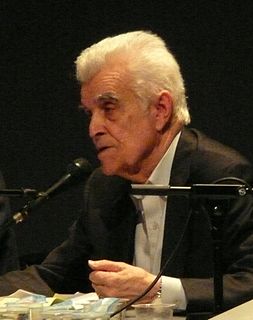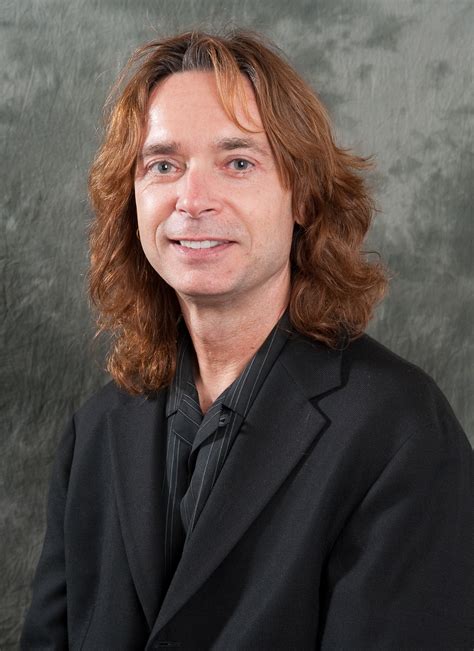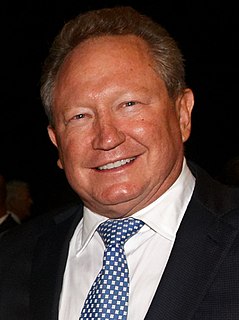Цитата Шобана
Западное влияние превратило мир в маленькую глобальную деревню, особенно благодаря телевидению и другим средствам массовой информации.
Связанные цитаты
Основная идея западной науки состоит в том, что вам не нужно учитывать падение листа на какой-то планете в другой галактике, когда вы пытаетесь объяснить движение бильярдного шара на бильярдном столе на Земле. Очень малыми влияниями можно пренебречь. В том, как все работает, есть сходство, и сколь угодно малые влияния не приводят к сколь угодно большим последствиям.
Я пытаюсь подчеркнуть, что если эти сети коммуникационных технологий принадлежат, монетизируются, контролируются и классифицируются теми, кто обладает властью — очень немногими, в основном белыми мужчинами в Силиконовой долине, — тогда это глобальная деревня, построенная на идеях , видения, слова и протоколы немногих. Так что это не глобально - это как центр Эпкот. Это как Диснейленд: маленькое мировоззрение большого мира.
Я вырос в небольшой немецкой деревне Бозинген, которая расположена между Шварцвальдом и столицей земли Штутгартом. И когда я говорю маленький, я имею в виду маленький. В нашем селе было не более 1700 человек. И мы все любили футбол, но в городе было не так много мест, где мы, мальчишки, могли бы играть.
Мы, в том числе многие христиане, читаем Библию «глазами», обусловленными и даже приспособленными к современной западной культуре плюс влияние посланий и идей других культур, чуждых мировоззрению библейских писателей. Следовательно, чтобы полностью понять Библию и позволить Библии поглотить мир (а не мир — культура — поглотить Библию), мы должны практиковать «археологию» имплицитного, предполагаемого взгляда библейских авторов на реальность.































